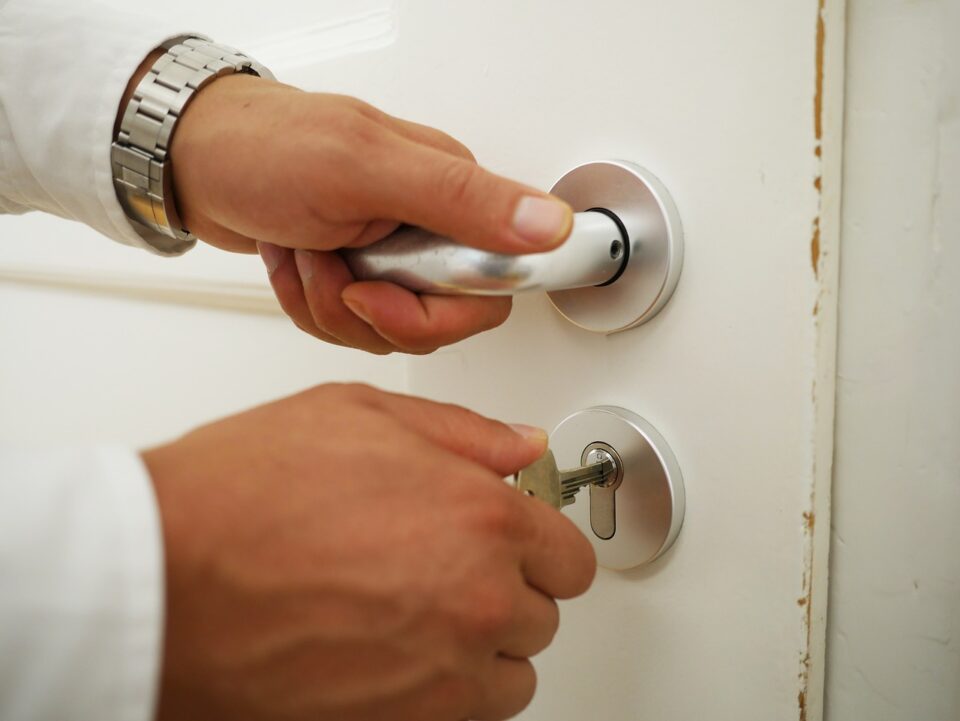
Cory Booker et. al. Hail New Jersey’s New Clean Buses
February 23, 2024
Who Are The Highest-Paid Superintendents in New Jersey?
February 23, 2024School District Angers Parents By Cutting Off Laptop Use
The South Jersey Editorial Board first published this op-ed.
Boy, what a can of worms the Deptford Township schools opened up when they decided recently that students’ laptop computers would be closed up at night.
The superintendent has since stated that the pending policy, slated to take effect March 1, might be modified before that date based on backlash from parents.
The district administration, apparently fearful of seeing rows upon rows of sleep-deprived fourth graders arriving at school, formulated the policy concerning the district-supplied Chromebooks after noticing how late into the evenings many of them were being used. A letter went home stating that elementary schools’ laptops would be disabled at 8 p.m., middle school students’ models would stop working at 9 p.m., and high-schoolers’ access would be cut off at 10 p.m. They’d be accessible again at 6 a.m.
Pushback from parents was exactly what one might expect, along the lines of: “That’s unfair! My kid is still doing her homework at 10:30.” The typical claim was that Tyler or Chelsea has after-school band practice, play rehearsal or sports practice/matches, and doesn’t get home until after the last late bus. When are they supposed to eat supper, let alone start their homework?
This wasn’t a problem school districts could track until the take-it-home computer became an essential component of students’ receiving and completing homework assignments. Does anyone think ambitious, involved youngsters were not unhealthily burning the non-networked candle at both ends before the World Wide Web arrived? Football practice was a “thing” even before the legendary Joe Corbi, now deceased, became the Spartans’ head coach in 1974. Kids who want both good grades and active participation in extra-curricular activities have stayed up late since the days when they turned in their assignments handwritten — in cursive.
Where does that leave Deptford’s controversial policy? It’s a good idea, in theory, for a school district to exert some control over how its property is used, when that can have an impact on students’ physical and mental health. Nonetheless, the shutdown policy must be tweaked to conflict less with the reality that well-rounded students will participate in challenging non-classroom activities, especially those supported by the school.
Beyond that, this is not just a matter of setting a timer on a keyboard at a precise time. As parents, school instructors or education policy-setters, we should examine what’s behind the need for a laptop curfew:
— Are our kids over-programmed, with expectations that every waking second of their day must be filled with “useful” activity, whether it’s learning, organized sports, or pre-arranged play dates for the younger ones? Sometimes children just need to chill.
— Are the kids getting too much homework, or homework that’s too difficult to finish in a reasonable time frame, especially in lower grades? Are they being forced into after-school practice sessions that needlessly last too long? There’s been a lot of conversation lately about unintended consequences of too much required, at-home work. In any case, no one high school age or younger should need to complete their assignments at midnight, not routinely, anyway.
— Is there too much concern about late-night learning, when high-schoolers’ body clocks are taken into account? Research has become fairly conclusive that teens are not early-morning people, and that later school day start times help them learn better. They don’t fall asleep in class as much, for one thing. Midnight homework is less taxing than it sounds if students don’t have to arrive until 10 a.m. the next day.
Of course, it’s also possible that youngsters fitted with personal Chromebooks — school-owned or otherwise — are using them at night for something other than authorized learning. If that’s the real reason for the nightly shutoffs, the Deptford district should be honest about that.
If kids are goofing off on social media, playing online video games, or watching R-rated movies, it’s up to the school district to configure limited access to those pursuits on its equipment. Keep in mind that this doesn’t prevent tech-savvy students from accessing the same material on other computers in their households, or on their smartphones.
It’s a lot to consider. Hopefully, Deptford will get its computer policy in synch with what students, parents and teachers all think is fair. Meanwhile, the district’s action is one heck of a conversation starter.




